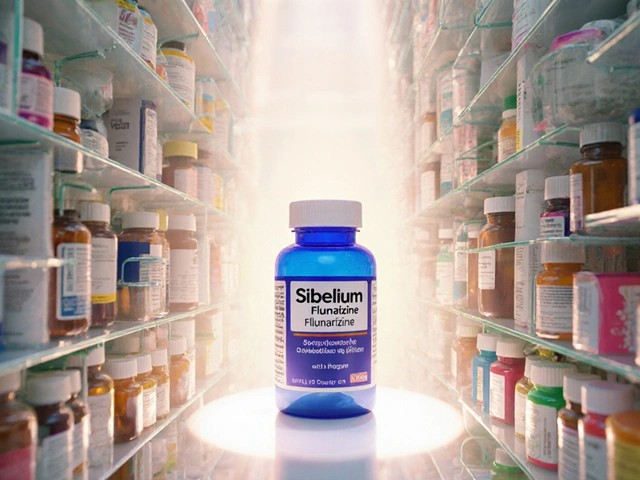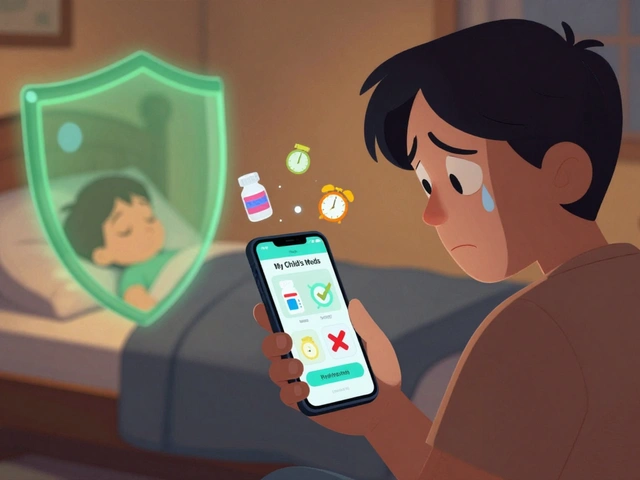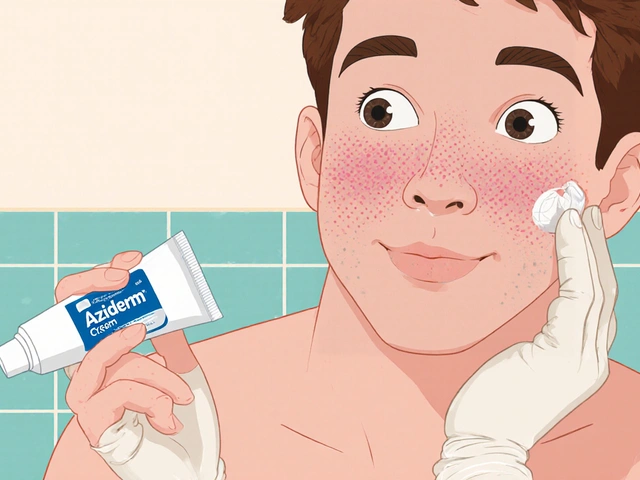Liver Function: What It Means and How to Keep It Healthy
The liver does a lot more than store fat. It cleans your blood, makes proteins, stores energy, and helps digest food. When it works well, you feel good; when it’s off, you might notice tiredness, yellow skin, or strange lab results. This guide shows you the basics of liver function and easy steps to protect it.
How the Liver Works
First, the liver removes toxins from what you eat, drink, and breathe. It turns alcohol, medication, and waste into harmless substances that leave your body in urine or stool. Second, it makes proteins like albumin, which keep fluid in your blood vessels and carry hormones. Third, it stores glucose as glycogen, releasing it when you need quick energy. Fourth, it creates bile – a liquid that breaks down fat in the gut. All these jobs happen 24/7, so the liver needs a steady supply of nutrients and a break from harmful chemicals.
Doctors check liver health with a few simple blood tests: ALT, AST, ALP, bilirubin, and albumin. High ALT or AST often mean liver cells are irritated. High bilirubin can cause yellow eyes. Low albumin suggests the liver isn’t making enough protein. These numbers, combined with symptoms, tell a doctor if the liver is in trouble.
Tips to Support Your Liver
1. Limit alcohol. Even moderate drinking adds stress. If you drink, keep it under two drinks a day for men and one for women.
2. Watch medication use. Over‑the‑counter pain relievers like acetaminophen can hurt the liver in high doses. Always follow label instructions and talk to a pharmacist if you’re unsure.
3. Eat liver‑friendly foods. Fiber‑rich fruits, veggies, and whole grains help the liver process waste. Foods rich in antioxidants – berries, leafy greens, and nuts – protect liver cells from damage.
4. Stay hydrated. Water helps the kidneys and liver flush out toxins. Aim for eight glasses a day, more if you’re active.
5. Exercise regularly. Moving your body improves blood flow, which helps the liver get the oxygen it needs. Even a brisk walk three times a week makes a difference.
6. Watch your weight. Fat buildup around the liver (non‑alcoholic fatty liver disease) is common in overweight people. Losing 5‑10% of body weight can reverse early damage.
7. Get checked. If you have risk factors – diabetes, high cholesterol, or a family history of liver disease – ask your doctor for a liver panel. Early detection catches problems before they become serious.
Remember, the liver can heal itself if you give it the right conditions. Small changes add up: cut back on sugary drinks, swap fried foods for grilled options, and choose water over soda. Your liver will thank you with better energy, clearer skin, and smoother digestion.
Finally, don’t ignore symptoms. Persistent fatigue, dark urine, abdominal pain, or swollen ankles deserve a doctor’s look. Catching issues early keeps you on the road to better health and avoids costly treatments later.
Keep these tips in mind, and your liver will keep doing its quiet, essential work for years to come.





